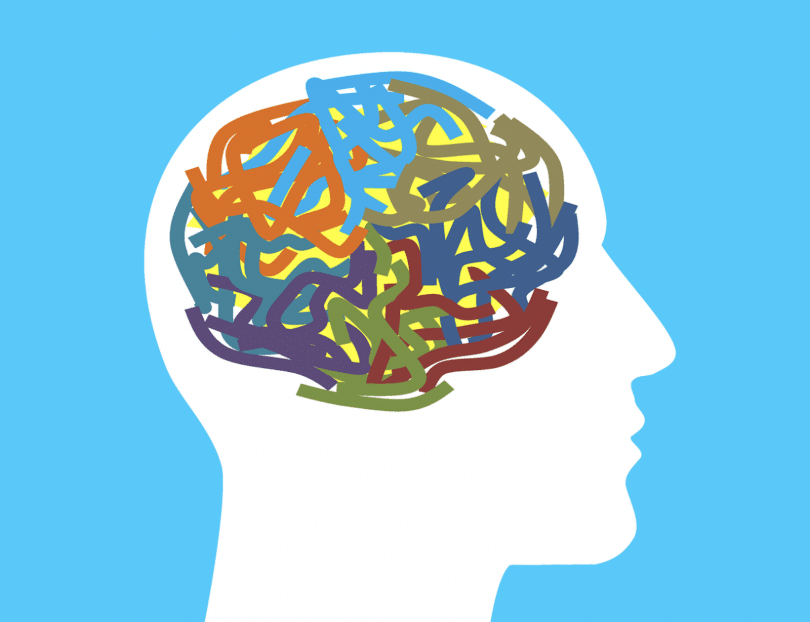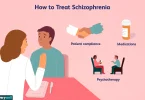Resetting Neural Activity with Transcranial Magnetic Stimulation
Johns Hopkins Medicine, Psychiatry and Behavioral Sciences, describes TMS as transcranial magnetic stimulation designed to elicit changes in neuronal activity in parts of the brain that are responsible for mood regulation. This relates to the prefrontal cortex. This brain stimulation treatment generates magnetic pulses in specialized equipment. The goal is to modify neural activity to improve mood over time.
The frequency of TMS pulse delivery can either increase or decrease brain activity accordingly. New studies indicate that brain stimulation can have opposite effects on patient mood depending on whether it is administered on the left side or the right side. There are many reasons why TMS therapy is administered. The traditional treatments for depression, anxiety, and OCD include psychotherapy and medication.
Unfortunately, psychotherapy and antidepressant/antianxiety medication are not effective across the board. For this reason, an alternative or augmented treatment in the form of TMS is increasingly being adopted in specialized clinics around the country. TMS is frequently used in conjunction with SSRI and SNRI medication to treat clinically depressed individuals. This is particularly true if a clinical response is not generated from antidepressants.
What is TMS Therapy?
Now for the big question – what is TMS therapy?
Transcranial Magnetic Stimulation makes use of magnetic pulses which pass through the cranium and penetrate the problematic sections of the brain, primarily in the prefrontal cortex to readjust neuronal activity. Traditional TMS is the front-runner to the new and improved Deep TMS™ which is far more effective at targeting problematic areas of the brain, courtesy of the patented H-Coil helmet.
This advanced medical technology focuses the TMS therapy on specific regions of the brain, and it penetrates deeper to achieve a more efficacious outcome. Traditional TMS uses a Figure-8 coil with limited scope. These TMS treatments take place in a clinic, overseen by medical professionals. Patients complete medical questionnaires and remove all magnetic devices, including earrings, necklaces, clips, credit cards, et cetera.
There are certain categories of patients who are not eligible for TMS treatment, notably those with pacemakers, metal plates in their cranium, or neck, et cetera. Doctors will complete a full workup and diagnosis to determine a patient’s eligibility for TMS treatment.
Initially, the physician administers a series of brief pulses to test the Deep TMS H-Coil helmet. Once everything is in order, the physician will test the patient’s motor threshold. This is done by a series of quick pulses to test the patient’s motor threshold. This allows for maximum personalization of the treatment regimen. While TMS treatment is being administered, patients will hear a series of clicking and other sounds.
The procedure can last from 20 minutes to 40 minutes for each session, and sessions can take place over a period of four weeks – six weeks on average. Of course, the duration of treatment is dependent upon a patient’s responsiveness. This novel approach to treating major depressive disorder does not require any sedation whatsoever. It is a nonsurgical procedure administered on an outpatient basis. Since there is no incision, risk of infection, or medication required for treatment, patients can simply leave the facility after the TMS session is over.
Are There Any Side Effects with TMS?
While certain side effects have been noted during treatment, they rapidly dissipate after treatment. For example, facial twitching, headaches, or noise can cause discomfort, but these are short-lived side effects.
It is recommended that patients wear earplugs during the treatment to avoid any hearing impairment while TMS is being administered. This treatment has none of the side effects of medication. That means patients will not experience loss of appetite, diarrhea, sexual dysfunction, GI problems, or weight gain.
All the evidence suggests that TMS treatment is best suited to patients who experience treatment-resistant depressive symptoms. It includes those who do not respond favorably to antidepressant medication and psychotherapy.
Ongoing clinical studies are being conducted into the efficacy of TMS, but so far all the signs are positive. Deep TMS™ by Brainsway is FDA-cleared for treating depression and is proving to be a game changer in battling mental health illnesses in a non-invasive way.







